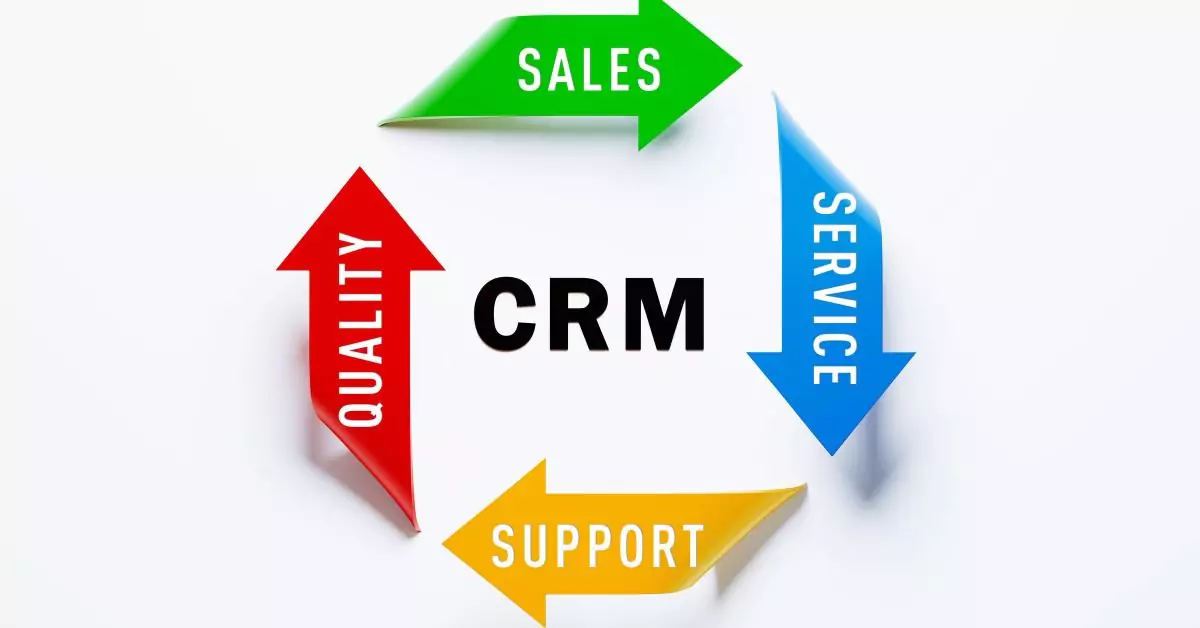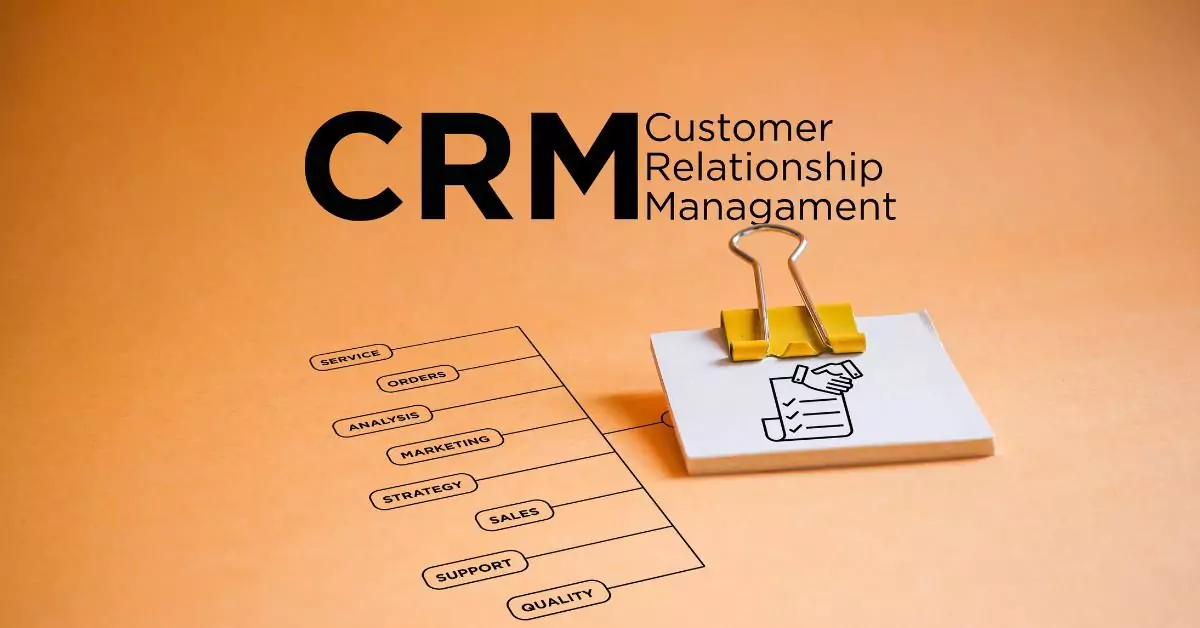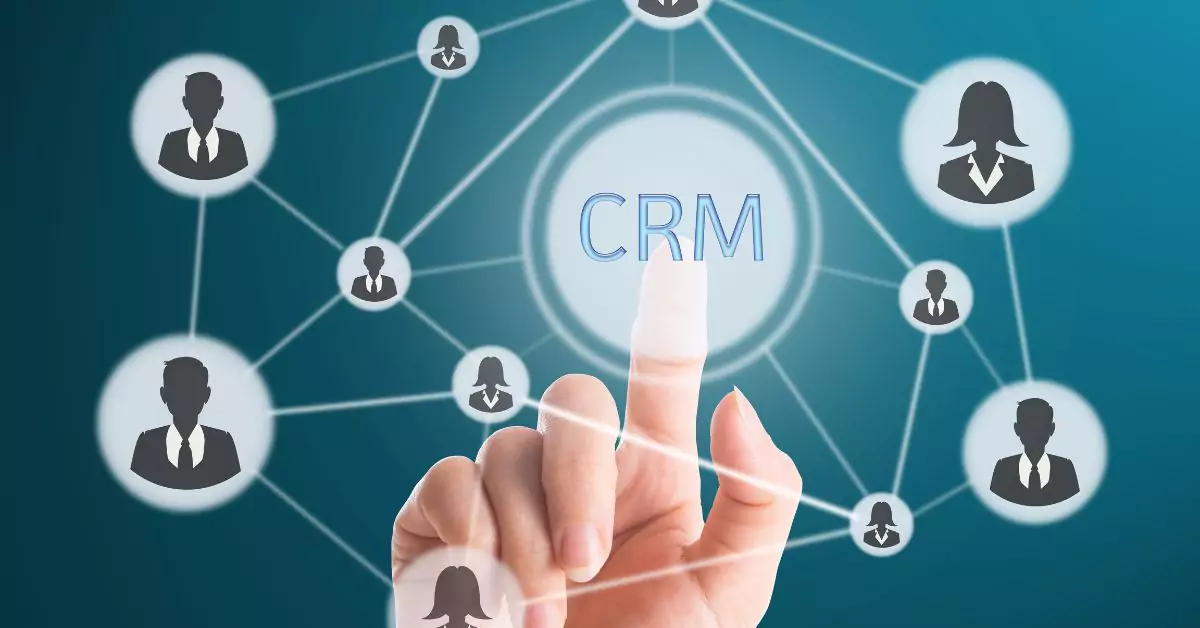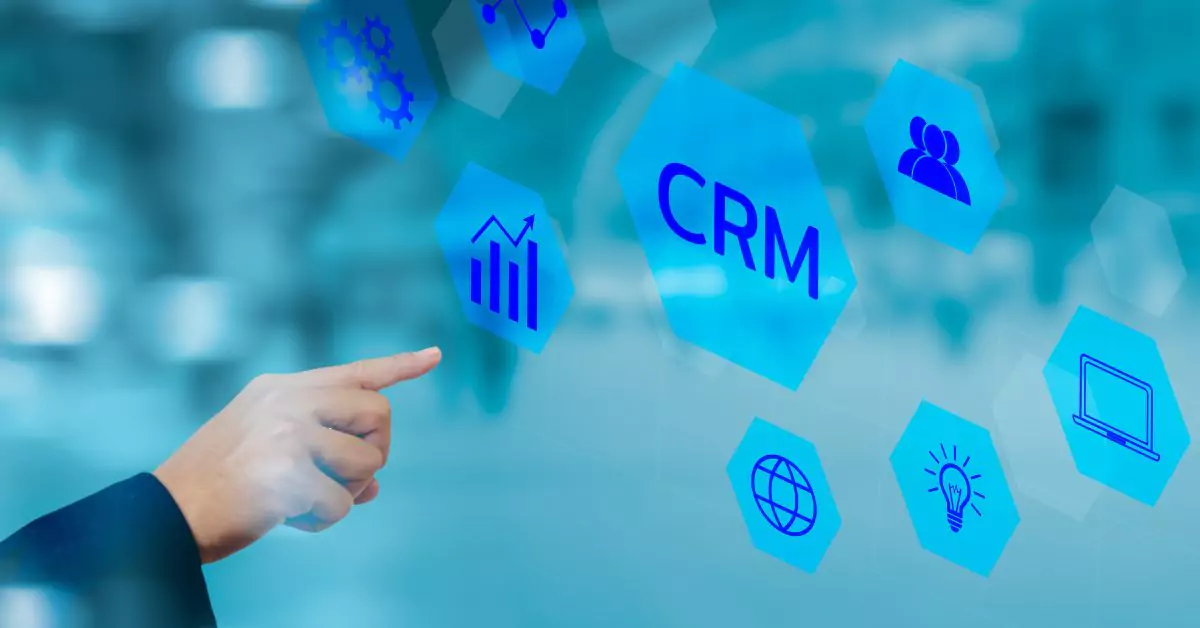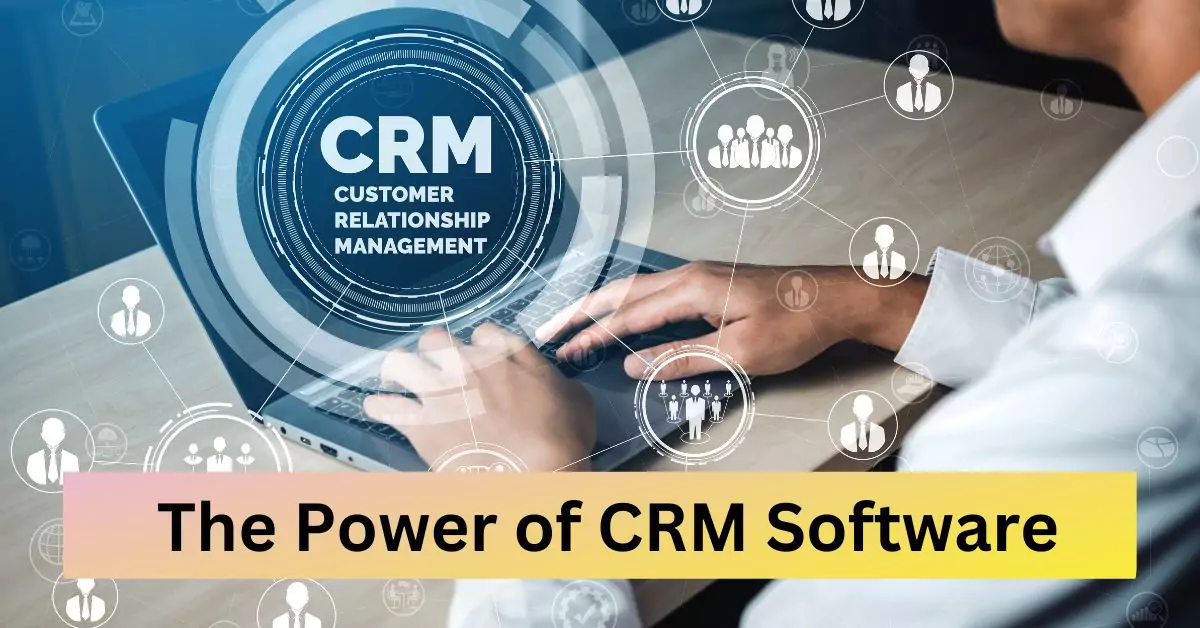In today’s competitive business landscape, delivering generic experiences to customers is no longer enough. Personalization has emerged as a powerful strategy for businesses to stand out and create lasting connections with their audience. When combined with Customer Relationship Management (CRM) software, personalization becomes an even more potent tool for driving engagement, loyalty, and growth. This article explores the symbiotic relationship between personalization and CRM, highlighting the benefits and strategies that make this combination a winning formula.
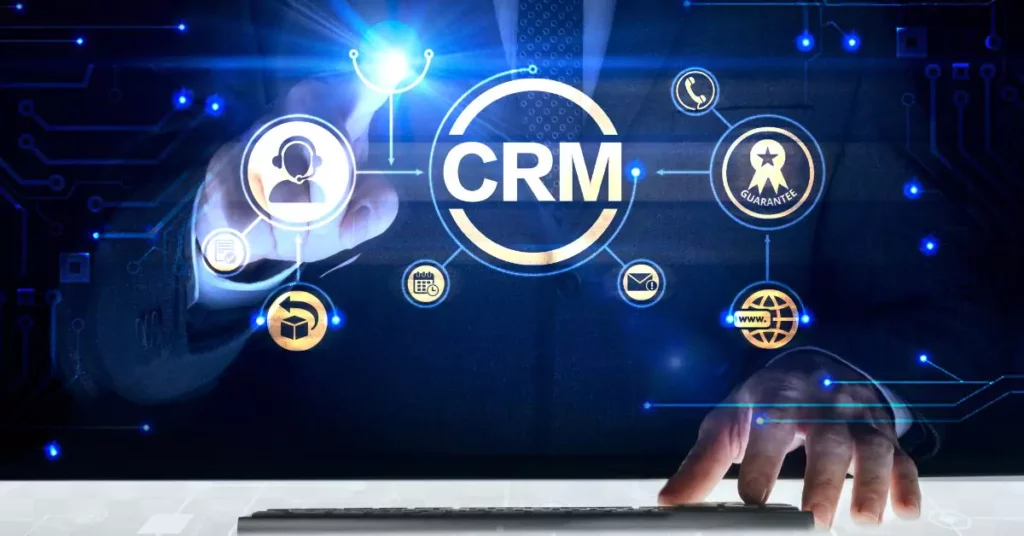
Introduction
In an era where customers have come to expect tailored experiences, personalization has become a game-changer. CRM software provides the infrastructure needed to implement personalization strategies effectively, ensuring that each customer feels valued and understood.
Understanding Personalization and CRM
Personalization involves customizing interactions, content, and offerings based on individual customer preferences, behaviors, and needs. CRM software, on the other hand, centralizes customer data, interactions, and insights, making it the perfect platform for delivering personalized experiences.
The Benefits of Personalization
Enhanced Customer Engagement
Personalized experiences capture customers’ attention and foster engagement. When customers receive content that resonates with their interests, they are more likely to interact, share, and respond positively.
Improved Customer Satisfaction and Loyalty
Personalization demonstrates that a business understands its customers. This leads to higher levels of satisfaction and builds loyalty, as customers are more likely to stick with brands that cater to their preferences.
Higher Conversion Rates
Personalized recommendations and offers increase the likelihood of conversion. When customers see products or services aligned with their needs, they are more inclined to make a purchase.
Strategies for Effective Personalization Through CRM
Segmentation and Targeting
Dividing your customer base into segments based on characteristics and behaviors allows you to create tailored campaigns that resonate with each group.
Behavioral Tracking and Analysis
CRM software tracks customer interactions, providing insights into their behaviors and preferences. Analyzing this data helps you understand what drives engagement and conversions.
Tailored Communication
Craft messages that speak directly to the recipient. Use customer names and reference past interactions to create a sense of familiarity and personal connection.
Product and Content Recommendations
Leverage the data collected by CRM software to suggest products or content that align with each customer’s preferences. This can be based on browsing history, purchase behavior, or similar customers’ choices.
Challenges and Considerations
Data Privacy and Security
As you collect and use customer data for personalization, it’s vital to prioritize data privacy and security. Ensure compliance with regulations and communicate your data usage transparently to customers.
Balancing Automation and Human Touch
While automation is key to personalization, maintaining a human touch is crucial. Avoid making interactions feel robotic by incorporating genuine and empathetic elements.
Maintaining Consistency
Consistency is vital for building trust. Ensure that the personalized experiences align with your brand’s values, tone, and overall customer journey.
Conclusion
Personalization and CRM software complement each other seamlessly, elevating customer experiences to new heights. By utilizing CRM data to understand individual preferences and behaviors, businesses can create tailored interactions that resonate with customers on a personal level. This not only drives engagement and loyalty but also empowers businesses to achieve growth in an increasingly personalized digital landscape.
FAQs (Frequently Asked Questions)
What is personalization in business?
Personalization involves tailoring interactions, content, and offerings to individual customer preferences, behaviors, and needs.
How does CRM software support personalization?
CRM software centralizes customer data, interactions, and insights, providing the foundation for creating and delivering personalized experiences.
Why is personalization important for business success?
Personalization enhances customer engagement, satisfaction, loyalty, and conversion rates, contributing to overall business growth.
What is customer segmentation?
Customer segmentation involves dividing your customer base into groups based on shared characteristics or behaviors, allowing you to target them with relevant content and offers.
How can businesses balance automation and human touch in personalization?
While automation is efficient, businesses should infuse interactions with genuine and empathetic elements to maintain a human touch.
